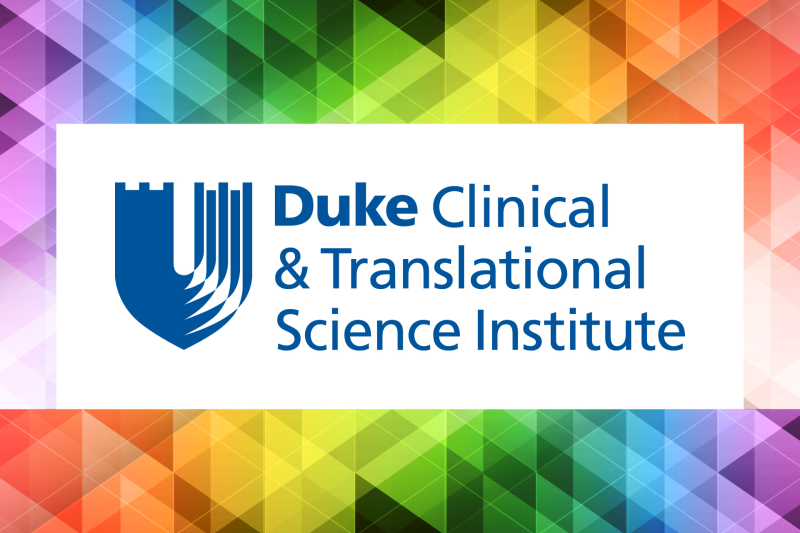
Six investigator teams at Duke received a total of $500,000 in Translational Research Pilot Funding Awards in May from the Duke Translational Research Institute (DTRI). The goal of these awards is to accelerate projects from preclinical to Phase I clinical trials.
“In an era of million-dollar moon shots and reports that it takes a billion dollars to bring a new therapy to market, $50,000 or $100,000 may not seem a large award,” says Bruce Sullenger, PhD, the director of the Duke Translational Research Institute. “But DTRI has structured this pilot funding program to maximize the chances that these ideas will be able to move forward and gain additional funding on the journey from conception to commercialization."
The six projects funded in May 2016 aim to:
-
Optimize a new nanotechnology that can deliver small molecule cancer drugs to tumors, and prepare the technology for use in a clinical trial.
-
Principal Investigator: Ashutosh Chilkoti, Professor of Biomedical Engineering ($100,000).
“Optimization of ELP-Paclitaxel Nanoparticles for Cancer Chemotherapy.”
-
-
Complete benchtop and in vivo studies of a novel hernia mesh with superior anchoring strength to improve treatment of ventral hernias.
-
Principal Investigator: Howard Levinson, Associate Professor, Surgery ($100,000).
“A Hernia Mesh with Enhanced Anchoring Strength to Prevent Hernia Formation.”
-
-
Test the use of a transdermal topical treatment for nerve pain caused by the chemotherapeutic agent taxol in animal models and artificial human skin.
-
Principal Investigator: Wolfgang Liedtke, Professor of Neurology ($100,000).
“Topical treatment of chemostherapy-nerve pain with a TRPV4/TRPA1 dual inhibitor.”
-
-
Assess the ability of a tumor-specific antibody-based therapeutic for glioblastoma to target tumor cells, and generate and certify a master cell bank to generate clinical grade biologic for patient studies.
-
Principal Investigator: John Sampson, Robert H., MD and Gloria Wilkins Professor of Neurosurgery ($100,000).
“Human Bispecific Activator of Macrophages for the Treatment of Glioblastoma.”
-
-
Create patient-derived cell lines to differentiate into neurons and to validate and implement mouse models for treatments for a rare inherited disorder, DYt1 dystonia.
-
Principal Investigator: Nicole Calakos, Associate Professor of Neurology ($50,000).
“Developing Preclinical Models of Dystonia to Screen Novel Drug-like Candidates.”
-
-
Develop an ultracompact handheld scanner to examine infants with birth asphyxia through retinal imaging.
-
Principal Investigator: Cynthia Toth, Joseph A.C. Wadsworth Professor of Ophthalmology ($50,000).
“Bedside Optical Assessment of Hypoxic Ischemic Encephalopathy in Infants.”
-
In addition to the financial support, the DTRI supports these teams with project management, regulatory support, and networking.
"Having a team like this supporting the investigator ups the odds of successfully getting a new treatment or therapy to patients," says Sullenger. "And that is our ultimate aim.”